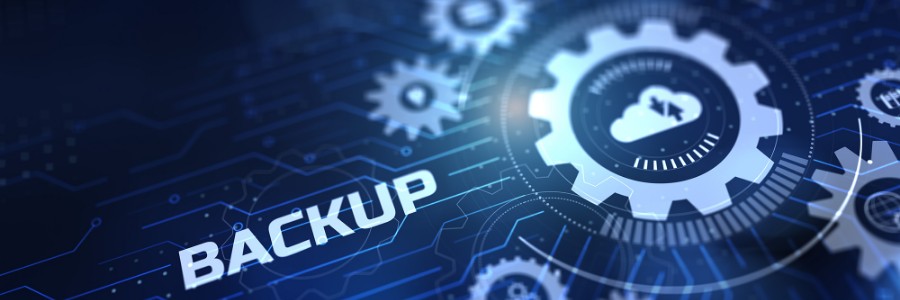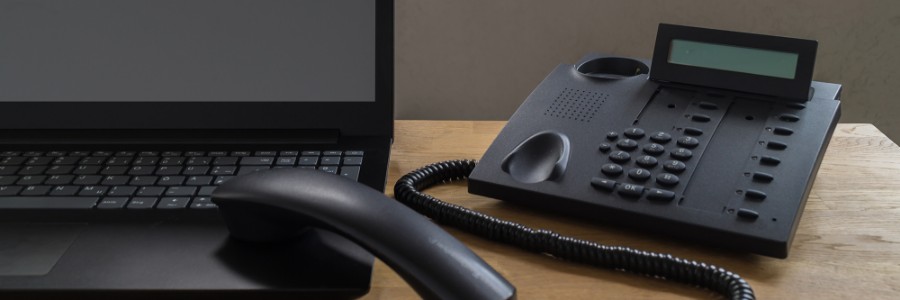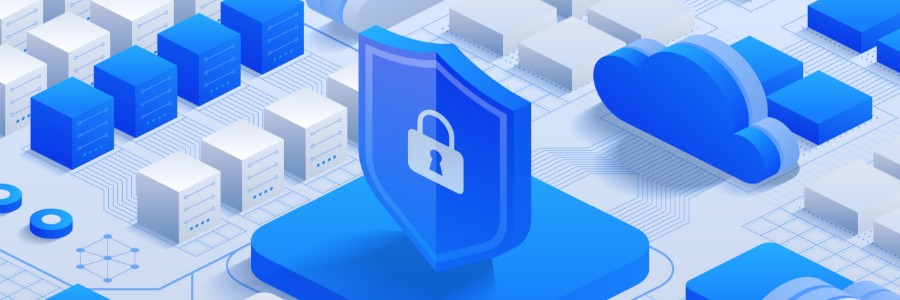With remote and hybrid work now the norm, visual collaboration tools have become essential for allowing teams to brainstorm, plan, and innovate together in real time. Learn how Microsoft Whiteboard helps distributed teams stay aligned, creative, and productive, no matter where they work.
XBASE Technologies Blog
Turning lookers into buyers: 5 Website tips for small businesses
Defending against data loss: 6 Strategies businesses should implement
Securely offboarding an employee: A step-by-step guide to protecting data when staff leaves
2026 Cybersecurity trends and predictions

Cybersecurity experts Rob Wright (Dark Reading), David Jones (Cybersecurity Dive), and Alissa Irei (TechTarget Search Security) recently came together to discuss the future of online security. Let’s take a look at their insights on major trends and new risks to help businesses better navigate the challenges on the horizon.
5 Ways VoIP phone systems are getting smarter (and what it means for you)
The zero trust journey: A simplified 3-phase roadmap for small and mid-sized businesses

Zero trust is a cybersecurity philosophy built on one core idea: never trust by default, always verify every user and device. This model replaces outdated perimeter-based security and utilizes continuous verification and granular access controls to protect your business from modern threats that have proven too sophisticated for traditional cybersecurity.
Why the next Windows 11 update is skipping Intel and AMD

Microsoft’s upcoming Windows 11 26H1 update is rolling out only to devices powered by Snapdragon chips, at least for now. While it might seem like Snapdragon is getting special treatment, the move has more to do with timing, development cycles, and Microsoft’s push for AI-ready devices than playing favorites.







